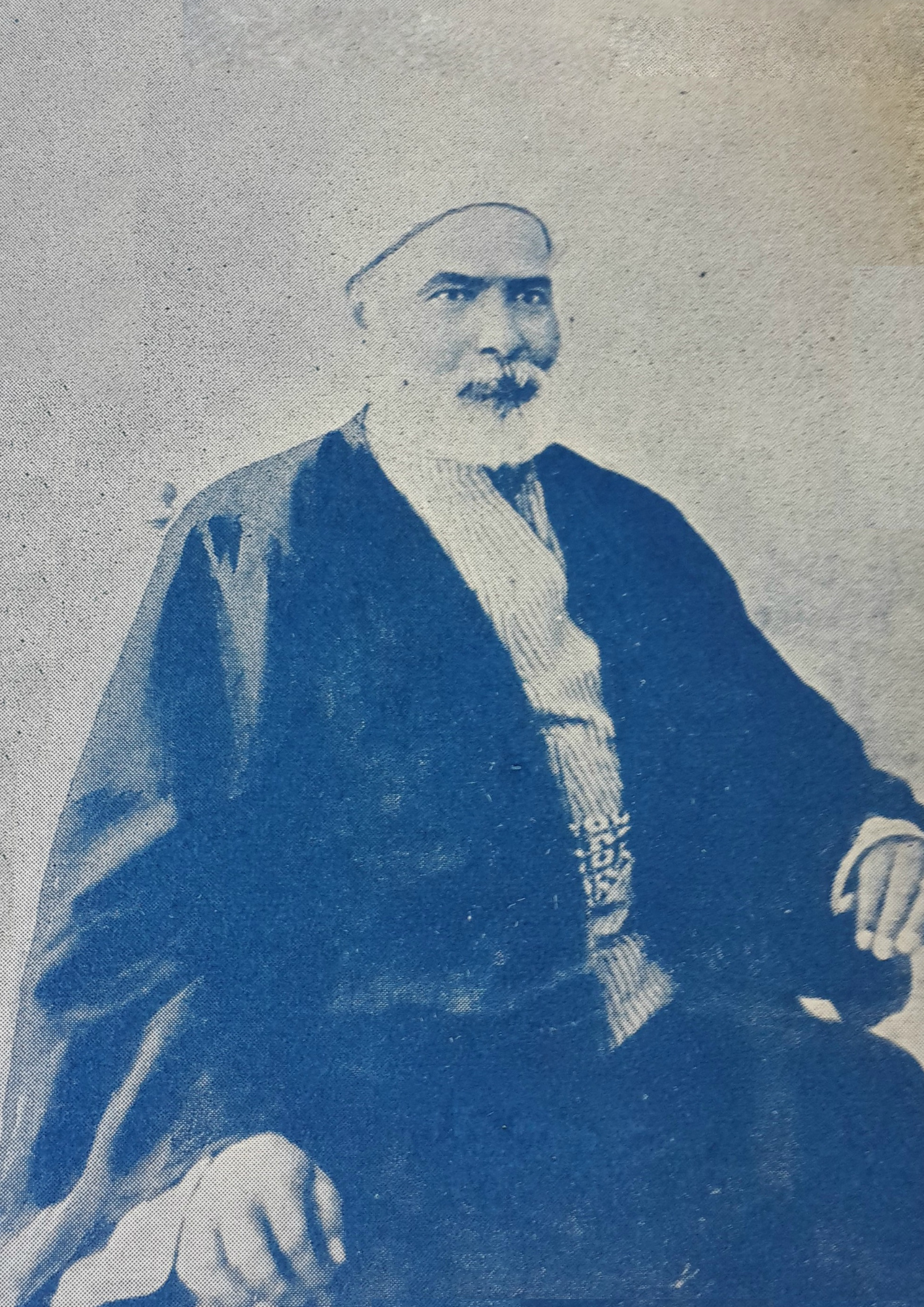Main Article Content
Abstract
In this study, the author uses the descriptive-historical approach to explain the influence of Muhammad Abduh's thoughts and Tafsir Al-Manar's coming to Indonesia. Especially in the Tafsir Al-Azhar by Hamka, who was born in the 20th century. This interpretation emerged when Indonesia was experiencing a state of transition from colonialism to independence. At the same time, modern Islamic thought became strong in Indonesia. The modern approach of Tafsir al-Manar has inspired Hamka's model of interpretation in Tafsir Al-Azhar. Here the authors find similarities in terms of methodology, namely social-community (Adab ijtima'i). Apart from that, there are some similarities and differences between the Tafsir Al-Manar with Tafsir Al-Azhar. For example, the view of the verses of "Ahl Kitab, muhkam-mutasyabih, and Israiliyat." Then the implications for the understanding of the heterogeneous Indonesian Islamic community from various religions. Besides this, the interpretation had a significant influence on the development of modern interpretation in Indonesia. It is easy to read and understand the general public to academics in Indonesia, Malaysia, and other Southeast Asian countries.
Article Details
License
Copyright (c) 2021 Zulfikri Zulfikri, Mohammed A.F. Badawi

This work is licensed under a Creative Commons Attribution-ShareAlike 4.0 International License.
Authors retain copyright and grant the journal right of first publication with the work simultaneously licensed under a Creative Commons Attribution (CC-BY-SA) 4.0 License that allows others to share the work with an acknowledgment of the work’s authorship and initial publication in this journal.
How to Cite
Zulkarnaini, Z., & Badawi, M. A. (2021). The Relevance of Muhammad Abduh’s Thought in Indonesian Tafsir: Analysis of Tafsir Al-Azhar. Millah: Journal of Religious Studies, 21(1), 113–148. https://doi.org/10.20885/millah.vol21.iss1.art5





